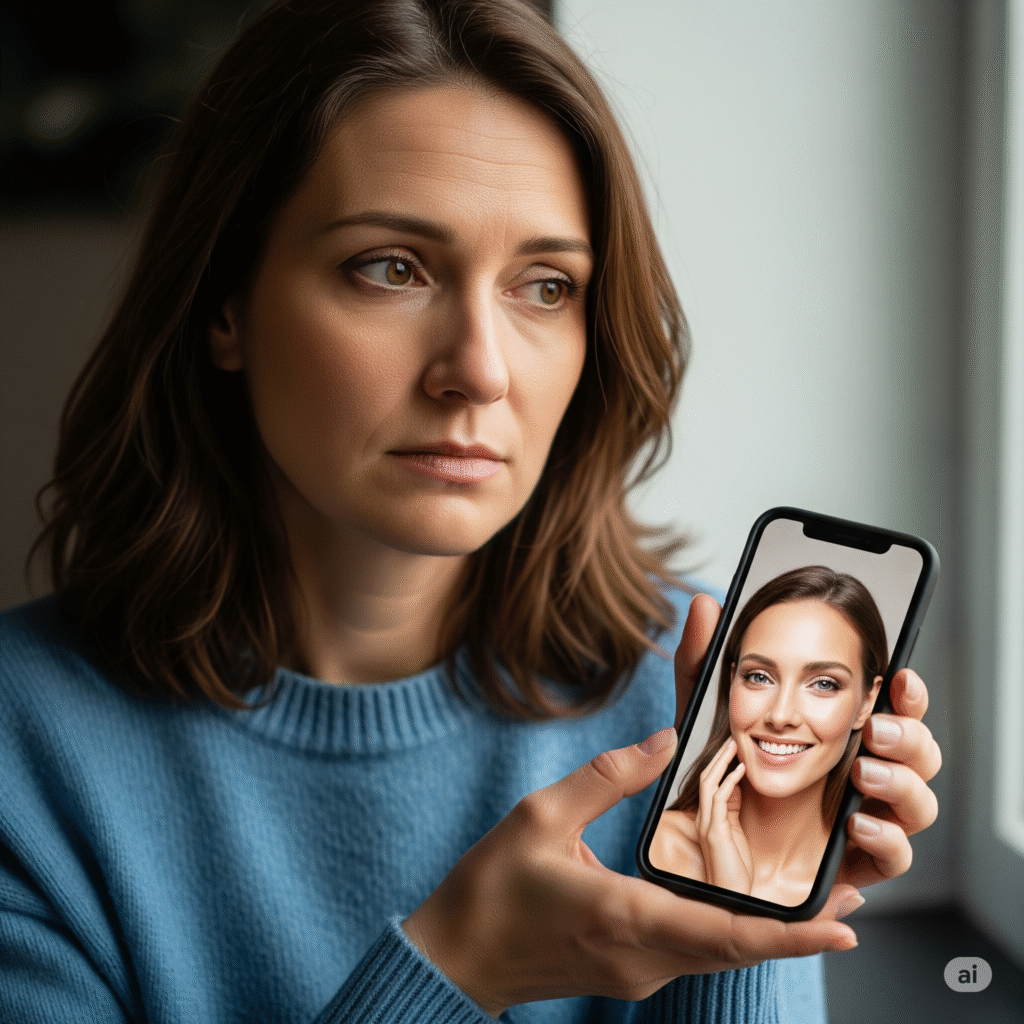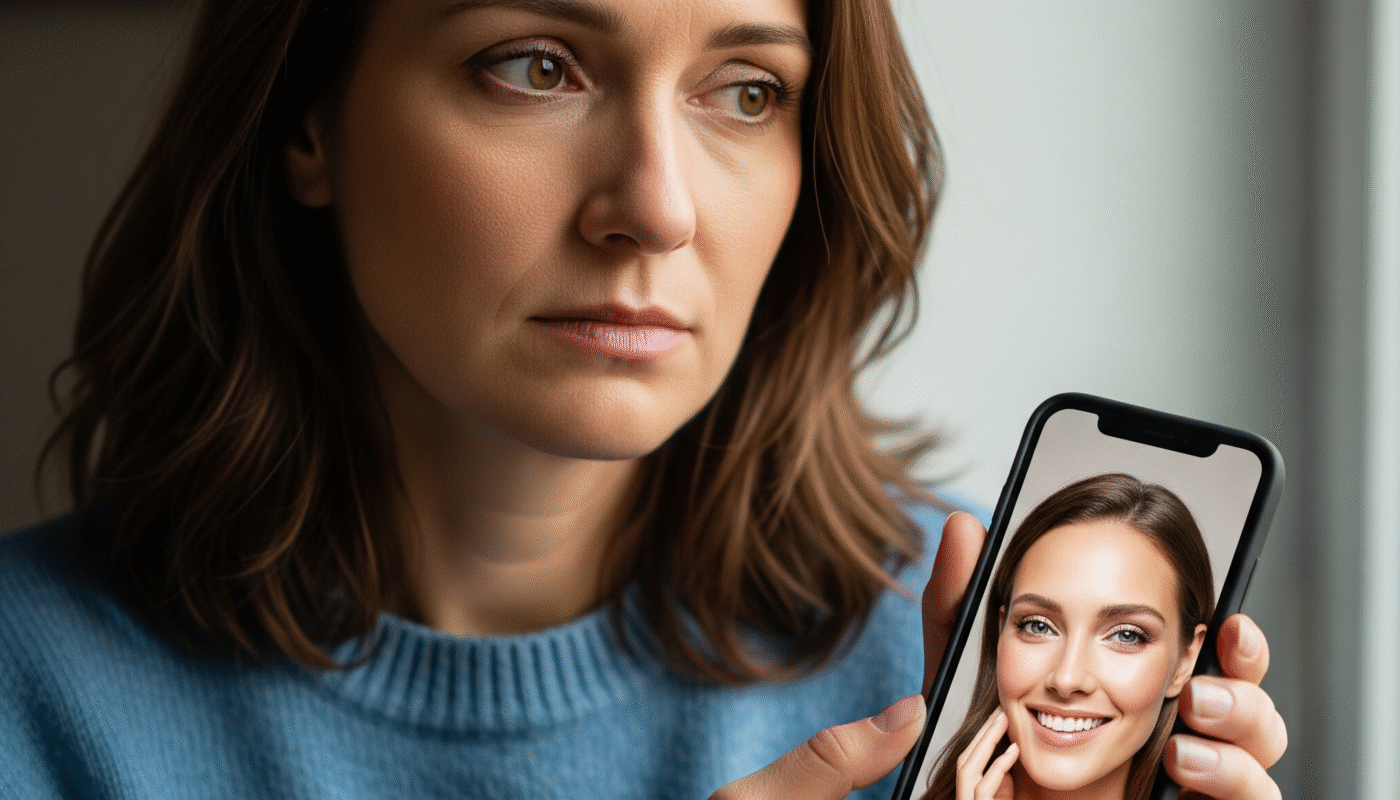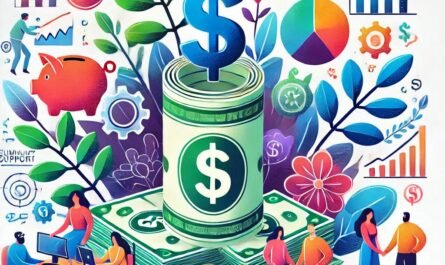
Social media influencers are often seen as living the dream – glamorous lives, exotic travels, endless free products, and millions of adoring fans. From the outside, it looks like a life of effortless perfection. But beneath the curated feeds and flawless selfies lies a darker reality, one where mental health struggles, body image issues, and the pressure to maintain a false persona are becoming increasingly common.
The Illusion of Perfection: Living in a False Reality
For many influencers, their online persona is a meticulously crafted facade. Every post, every story, every video is often a strategic piece of content designed to elicit engagement and maintain a certain image. This constant pressure to be “on” and to present an idealized version of themselves can lead to a significant disconnect from their real lives.
- Curated Content vs. Reality: What we see online is rarely the full picture. Influencers often only share the highlights – the perfect vacation, the successful collaboration, the aesthetically pleasing meal. The mundane, the messy, and the challenging aspects of their lives are typically kept private. This creates a “highlight reel” effect, not just for their audience, but for the influencers themselves, who can start to believe their own manufactured reality.
- The Lure of Likes and Validation: The very nature of social media platforms, with their emphasis on likes, comments, and follower counts, fosters a constant need for external validation. An influencer’s self-worth can become intrinsically tied to these metrics, leading to anxiety and self-doubt when engagement dips. This pursuit of digital affirmation can be emotionally exhausting and contribute to a feeling of being trapped in a performance.
- Fabricated Lives: In extreme cases, the drive for success can lead to outright deception. Stories of influencers fabricating events, exaggerating achievements, or even faking entire relationships for content are not uncommon. This not only erodes trust with their audience but can blur the lines of their own identity, making it difficult to distinguish between who they truly are and the character they play online.
The Body Image Battle: When Altered Looks Become the Norm
The visual nature of platforms like Instagram and TikTok has intensified the focus on physical appearance. Influencers, by virtue of their profession, are often under immense pressure to adhere to beauty standards that are, frankly, unattainable for most.
- Filters, Edits, and Cosmetic Procedures: The widespread use of beauty filters, photo editing apps, and the increasing prevalence of cosmetic procedures among influencers contribute to a deeply skewed perception of beauty. Pores are erased, waists are cinched, and features are “perfected” with a few taps on a screen. This not only sets unrealistic expectations for their followers but can also lead to severe body dissatisfaction and dysmorphia for the influencers themselves. When your livelihood depends on looking “perfect,” the temptation to constantly alter your appearance, both digitally and physically, becomes immense.
- The “Thin Ideal” and “Fitspiration”: Many influencers inadvertently (or sometimes intentionally) promote the “thin ideal” or “fitspiration” culture, often showcasing highly stylized workouts and restrictive diets. While some genuinely promote healthy lifestyles, others contribute to harmful narratives that can trigger eating disorders and a negative relationship with food and exercise in both their audience and themselves.
The Unseen Burden: Mental Health and Burnout
Behind the smiles and seemingly carefree attitudes, many influencers are struggling with significant mental health challenges. The unique pressures of their profession can lead to:
- Anxiety and Depression: The constant need to create content, stay relevant, manage public perception, and deal with online criticism and “trolls” can lead to chronic stress, anxiety, and even depression. The blurring of work and personal life means they are often “on” 24/7, with little time for genuine rest or self-care.
- Burnout: The relentless demand for new content, coupled with the pressure to constantly grow their audience, can lead to severe burnout. Influencers may find themselves creatively drained, emotionally numb, and disengaged from the very platforms that brought them success.
- Isolation: Despite having millions of followers, many influencers report feeling profoundly lonely. The superficial nature of online interactions can’t replace genuine, in-person connections, and the need to maintain a curated image can make it difficult to form authentic relationships.
A Call for Authenticity and Well-being
The negative impacts on social media influencers serve as a stark reminder that what glitters online is not always gold. While the world of influencing offers opportunities for creativity and connection, it’s crucial to acknowledge the immense pressure and potential harm it can inflict.
For influencers, prioritizing mental health, setting boundaries, and embracing authenticity are vital. For consumers of content, a critical eye and an understanding that social media is a curated highlight reel, not real life, can help foster a healthier online experience for everyone. The true measure of influence should lie not in flawless appearances or fabricated realities, but in genuine connection, positive impact, and the courage to be truly human, imperfections and all.


